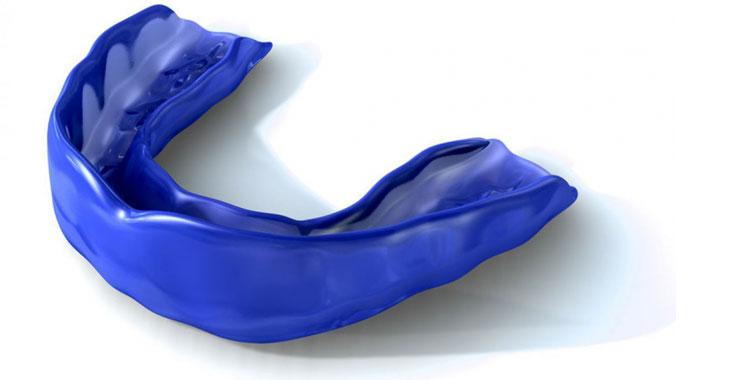
Mouthguards are essential protective gear for anyone who participates in sports, especially those with high contact levels. They provide a cushioning effect against impacts and protect the teeth, jaw, and surrounding tissues from injuries. However, like any other protective gear, mouthguards have a limited lifespan, and they need to be replaced when they reach their expiration date. In this blog, we discuss when to replace your mouthguard and the signs that indicate it's time for a new one.
The American Dental Association recommends replacing your mouth guard every six months or when you notice any signs of wear and tear. However, some factors can affect the lifespan of your mouth guard, and you might need to replace it sooner than the recommended timeframe. For example, if you wear your mouthguard frequently, it might wear out faster than someone who wears it occasionally.
One of the most apparent signs that your mouth guard needs replacing is visible wear and tear. Over time, mouthguards can become warped, flattened, or misshapen, compromising their ability to protect your teeth and jaw. Look out for cracks, tears, holes, or any other visible damage on the mouth guard's surface. If you notice any of these signs, it's time to replace your mouthguard.
Another sign that indicates you need a new mouthguard is a change in fit. Mouth guards should fit snugly and comfortably over your teeth and gums, without any pressure points or discomfort. However, as your mouthguard ages, it can lose shape or become loose, causing it to slip or fall out during use. If you find yourself constantly adjusting your mouthguard or notice it doesn't fit as well as it used to, it's time to get a new one.
A mouthguard that smells bad or tastes unpleasant is another sign that it's time to replace it. Mouth guards can harbour bacteria and germs over time, especially if they're not cleaned and stored correctly. This can lead to bad breath or a foul taste in your mouth. If you notice an unpleasant smell or taste from your mouthguard, it's a sign that it needs cleaning or replacing.
Finally, if you've had dental work done, such as braces, retainers, or tooth extraction, it's essential to replace your mouth guard. Dental work can change the shape and alignment of your teeth, requiring a new custom-fitted mouth guard to ensure proper protection. Wearing an ill-fitting mouth guard can cause discomfort, pain, or even worsen dental issues.
In conclusion, your mouth guard is a critical piece of protective gear that requires regular maintenance and replacement to ensure it's always in top condition. Keep an eye out for signs of wear and tear, changes in fit, bad smells or tastes, or any dental work that requires a new mouthguard. Remember, a properly fitting mouth guard can protect your teeth and jaw from injuries and keep you safe while participating in sports.
